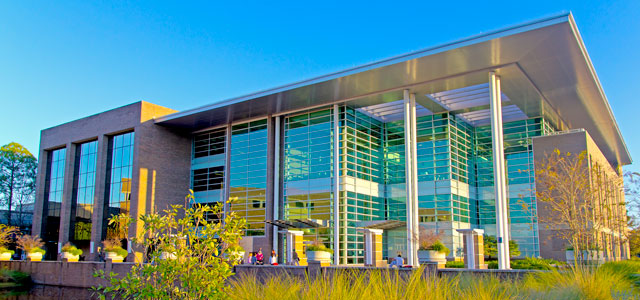Document Type
Article
Publication Date
2004
Abstract
My research paper focuses on multiple layers of retrospective sensemaking based on a university colloquium about “Developing the Research Relationship.” The original idea for the colloquium panel was a presentation by two research assistants about our research relationship with staff members of CASA, a community organization that works against domestic violence. When we expanded the panel to include two staff members from the research site who actively participated in the research project, it became an enactment of the relationships. The panel became a relational experience that was part of the continuing relationships and an occasion for reflexivity on my identity as a researcher. I took Karl Weick’s definition from Sensemaking in Organizations as my goal, “Research and practice in sensemaking needs to begin with a mindset to look for sensemaking, a willingness to use one’s own life as data, and a search for those outcroppings and ideas that fascinate” (p. 191). Jane Jorgenson’s article on Co-constructing the Interviewer/Co-constructing ‘Family’ provided my inspiration for this paper. Jorgenson cites the research process as communicative rather than elicitative and further shows that research is meta-communicative. Jorgenson wrote about her interview experiences in the field and co-construction of the researcher’s identity. In my paper I write about my experience in presenting my fieldwork to a research audience in the company of CASA staff members who participated in the research and could be considered co-researchers. This research paper is an academic sensemaking exercise, a storied example of sensemaking about an occasion of sensemaking, so I am writing a type of meta-sensemaking. Another way to describe the process might be as an example of the second order cybernetics of the observing the process. This is a type of reflexivity that Frederick Steier calls ecological constructionism (Steier, p. 165). My work is a reflexive description of an occasion of reciprocal reflexivity with researchers, reciprocators, and a university community of students and faculty. The experience reveals multiple layers of sensemaking and frames within frames. My paper is a complex example of the interplay between individual and social activity that demonstrates key points from theories of sensemaking and reflexivity. “Self-reflexive methods can become “interdependently reciprocal, and the term ‘reflexive’ applied not to one researcher, but to relations between and among investigator and research participants” (Gergen & Gergen, p. 93). My intent is to demonstrate research as a relationship and the research relationship as a multifaceted social process.
Recommended Citation
Curry, Elizabeth A., "Collaborative Research: Narratives of Domestic Violence Workers & Volunteers" (2004). Library Faculty Presentations & Publications. 48.
https://digitalcommons.unf.edu/library_facpub/48


